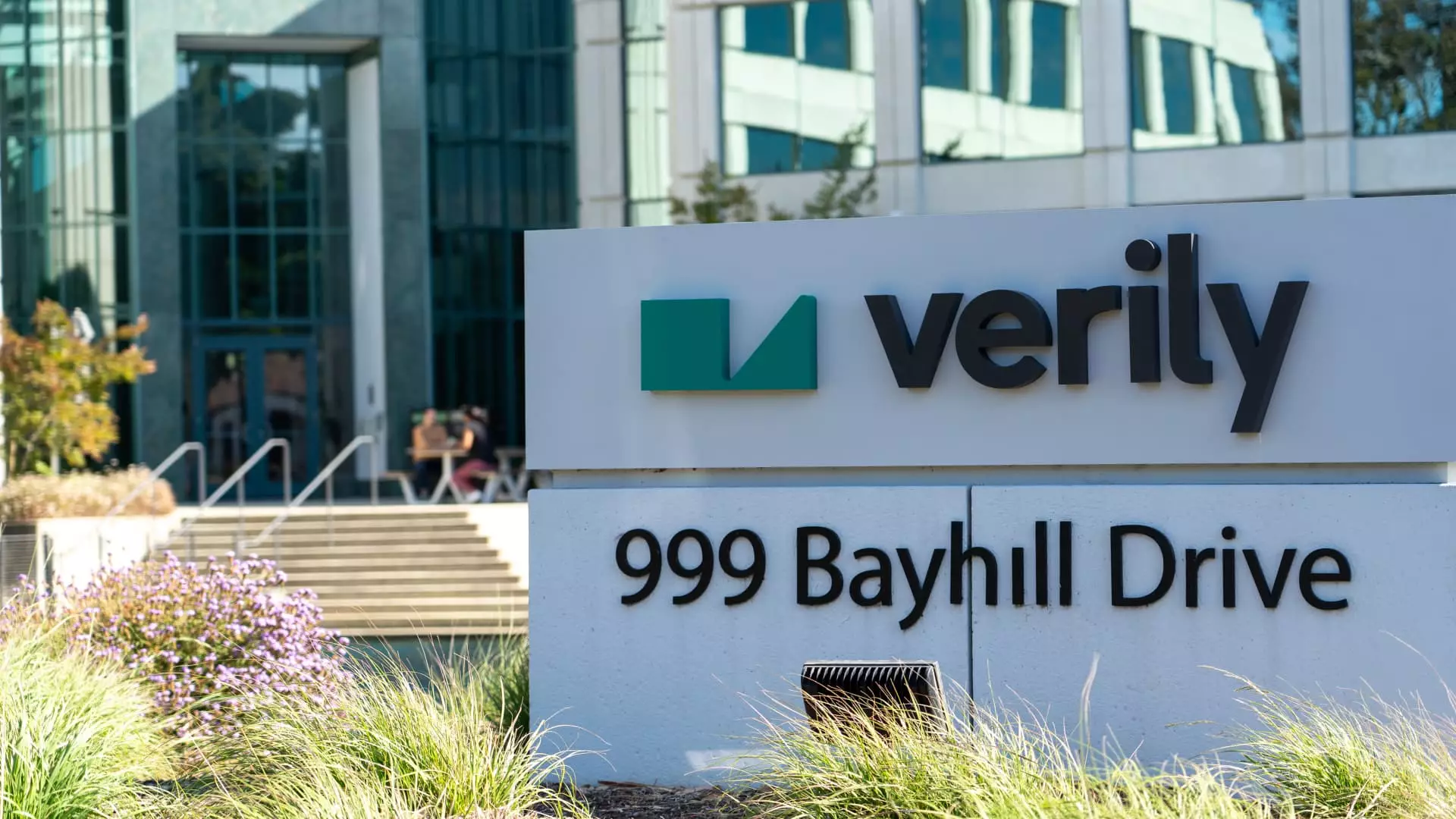Verily, the health tech subsidiary of Alphabet, has confirmed its decision to sell Granular Insurance Company to Elevance Health, a notable player in the insurance sector. This move is part of a broader trend of dramatic organizational changes within Verily, which has undergone significant restructuring in the wake of leadership transitions and workforce reductions. The financial specifics of the transaction remain undisclosed, but the implications are noteworthy as Verily continues to navigate a challenging healthcare landscape.
Originally founded as Coefficient Insurance Company in 2020, Granular was backed by the Swiss Re Group’s commercial insurance division. Verily’s intent with this subsidiary was to offer innovative solutions for self-funded employers, providing medical stop-loss insurance and reinsurance backed by proprietary technologies. This advancement aimed to fuse technology with traditional insurance models, reinforcing Verily’s commitment to leveraging tech for health solutions. However, despite its promising start, the company struggled to carve out a sustainable niche in the crowded health insurance market.
Since its inception, Verily has seen a significant turnover in its leadership team, bringing in high-profile executives from other industry giants like Apple and the FDA. Figures such as Myoung Cha and Amy Abernethy were notable for their roles in propelling the company forward, yet the constant changes have often led to a lack of continuity. Critics argue that the company’s erratic strategic pivots—from hardware development to pandemic response, and now to precision medicine—reflect a deeper issue of inconsistency in vision and execution.
In an effort to stabilize and redirect its mission, Verily launched the Lightpath platform in June, an AI-driven solution aimed at chronic care management, specifically metabolic health. This shift represents an ambitious attempt to leverage advanced technology for improved patient outcomes, highlighting an adaptable approach to evolving health needs. Nevertheless, the pivot to precision medicine raises questions about Verily’s previous forays and whether continued transitions will yield lasting results in the long term.
The divestiture of Granular signifies not just an exit from the insurance business for Verily but also a recalibration of its overarching strategy. As Verily refocuses its energy and resources on its core competencies, particularly in precision health, the sale highlights the difficult landscape of health tech, where innovation must align with sustainable business models. This transition could free capital and managerial bandwidth to enhance developments in precision medicine and AI integration within healthcare.
As Verily forges ahead in the competitive realm of healthcare technology, the recent sale of Granular Insurance is emblematic of the necessary sacrifices made to refine its business strategy. While the company has yet to find its footing, its commitment to innovation, backed by substantial financial resources, suggests a resilient path ahead. Only time will reveal whether this strategic pivot will position Verily more favorably in the complex ecosystem of health technology, where the intersection of care and technology holds immense potential.

